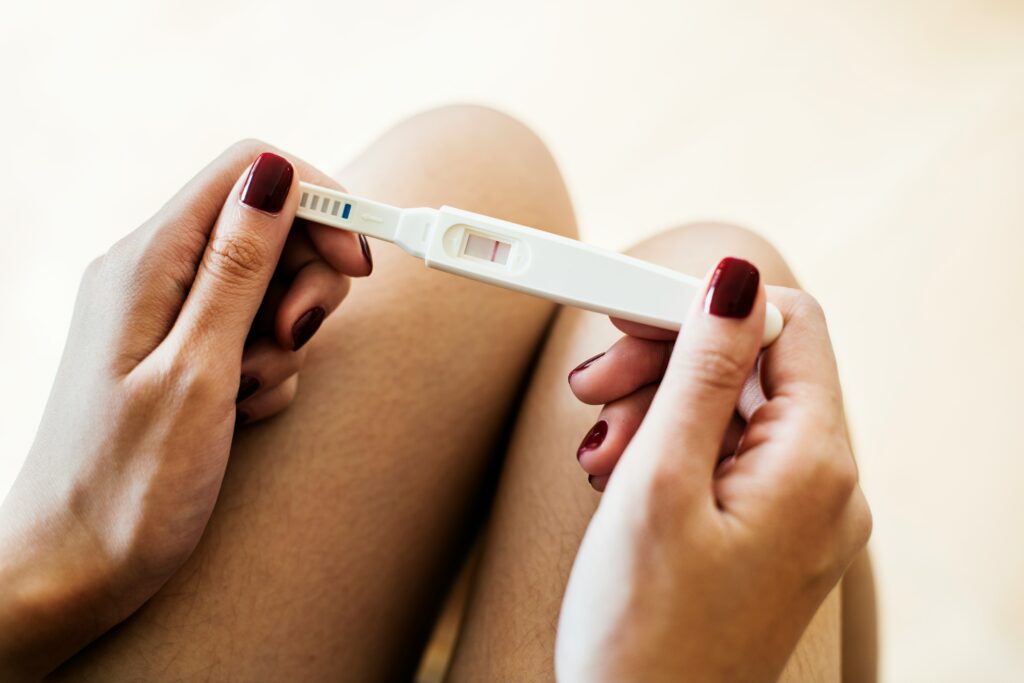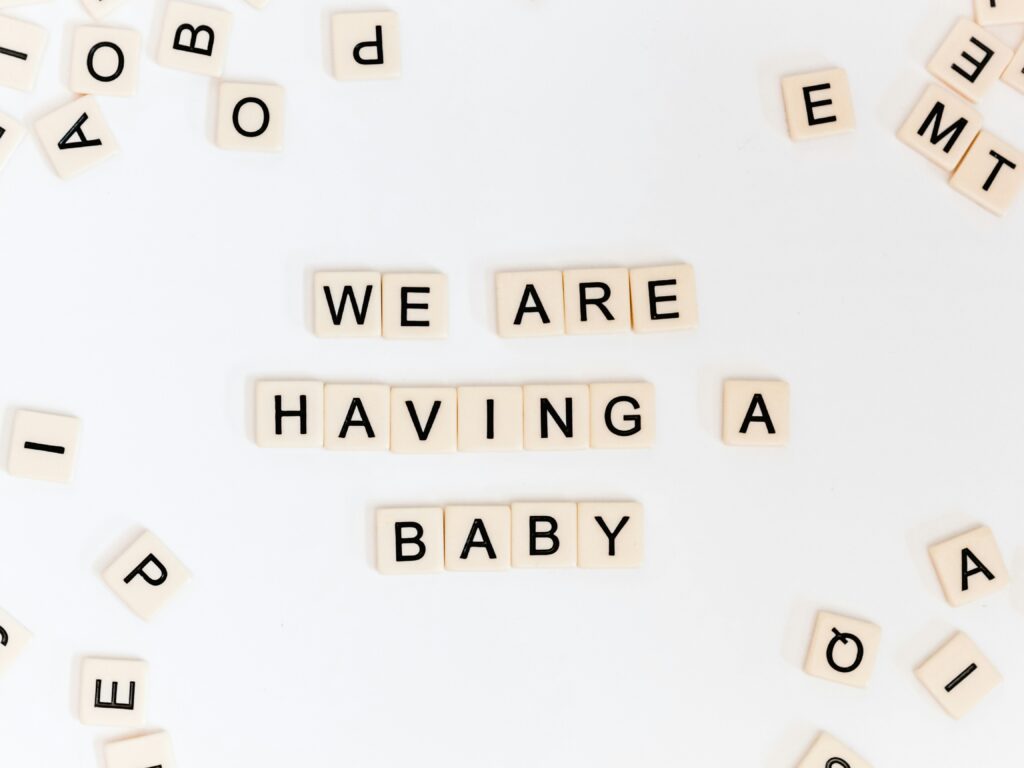When that second baby doesn’t come
Navigating fertility grief and secondary infertility in a relationship
This post is part of Couples in Crisis, a blog series drawing on real-life scenarios from the therapy room. Each post explores common relationship struggles, from infidelity to fertility loss, offering insight through a therapeutic lens. All names and identifying details have been changed to protect confidentiality.
Fertility grief is a silent, complex kind of heartbreak, especially when it comes in the form of secondary infertility. Many couples who already have one child assume a second will follow naturally. When it doesn’t, the emotional and relational impact can be profound, particularly if fertility treatment like IVF isn’t a viable option.
This was the case for Sophie and Mark (not their real names), who came to therapy after what Sophie described as “a year of slow heartbreak.” They had a four-year-old and had always imagined their family growing to four. “We thought we had time,” Sophie said. “We thought it would just… happen again.”
After two years of trying, and no clear diagnosis beyond “unexplained secondary infertility,” they were left facing a difficult truth: having another child wasn’t going to be easy, or affordable. IVF was out of reach financially, and emotionally it felt too heavy to carry. “We’d be risking the stability we’ve built for the child we already have,” Mark said. “It doesn’t feel right.” But even as they agreed on the decision, they weren’t grieving it in the same way.
When one partner grieves more than the other
Sophie felt the loss deeply. “I feel like I’m not done. Like our family’s not finished,” she admitted. “I imagined doing it all again, the baby stage, the bonding. And now I just feel… stuck.”
Mark, though kind and attentive, had made peace with the situation more easily. “We’re lucky to have one,” he said gently. “It’s more than many get.” His perspective was valid, but for Sophie, it sometimes made her feel unseen in her grief.
This emotional mismatch is common in couples dealing with fertility disappointment. One partner may feel guilt or failure, while the other focuses on acceptance and moving forward. It can create tension, distance, and misunderstanding, even when both partners deeply care.
A therapeutic take on fertility loss
From a psychoanalytic perspective, fertility issues often stir far more than surface-level disappointment. They touch on core questions of identity, meaning, and the self. For some, the loss of a second child can awaken deep feelings of inadequacy, grief, or shame, not just about the body’s “failure,” but about the loss of a hoped-for future.
Psychoanalytic theory suggests we carry unconscious fantasies about family, legacy, and self-worth, many of which are rooted in early attachment experiences. The second child may represent more than just a sibling; it may symbolise completion, healing, or a second chance. When this imagined future becomes unreachable, couples often face a kind of ambiguous grief, mourning someone who never arrived, and a version of life that won’t be lived.
Partners often grieve differently because their internal narratives, their emotional histories, are different. In therapy, creating space for both experiences can allow couples to move from blame to understanding, and from silence to shared meaning.
How therapy helped Sophie and Mark
In therapy, Sophie and Mark slowly began naming the things they hadn’t said aloud. Sophie admitted she sometimes resented how “okay” Mark seemed. Mark revealed he didn’t always feel okay, but didn’t want to fall apart if someone needed to stay grounded.
They were grieving the same loss, just from different angles. Once they understood that, they could begin to meet each other in the middle.
Tips for couples facing fertility grief
If you’re navigating fertility grief or secondary infertility, here are a few things to keep in mind:
- Grief doesn’t have to match. One partner may feel more sadness or anger — that doesn’t mean the other doesn’t care.
- Speak your truth. Share what this loss really means to you. What did the second child represent for each of you? Sometimes it’s about more than the child. It’s about identity, repair, legacy, or healing.
- Make space for both feelings and facts. You can be grateful for what you have and still mourn what hasn’t happened.
- Reimagine family life. Explore what closeness, joy, and fulfilment might look like as a family of three. Families of three are whole families. Creating rituals of gratitude and connection can help make peace with a different version of ‘complete’.
- Consider therapy. A neutral space can help you process the grief, reconnect emotionally, and decide how to move forward, together.
There was no perfect ending for Sophie and Mark. No miracle pregnancy. But there was healing. They began to hold space for each other’s grief, rather than managing it alone. And in doing so, they started to reconnect, not around what was missing, but around what remained.


